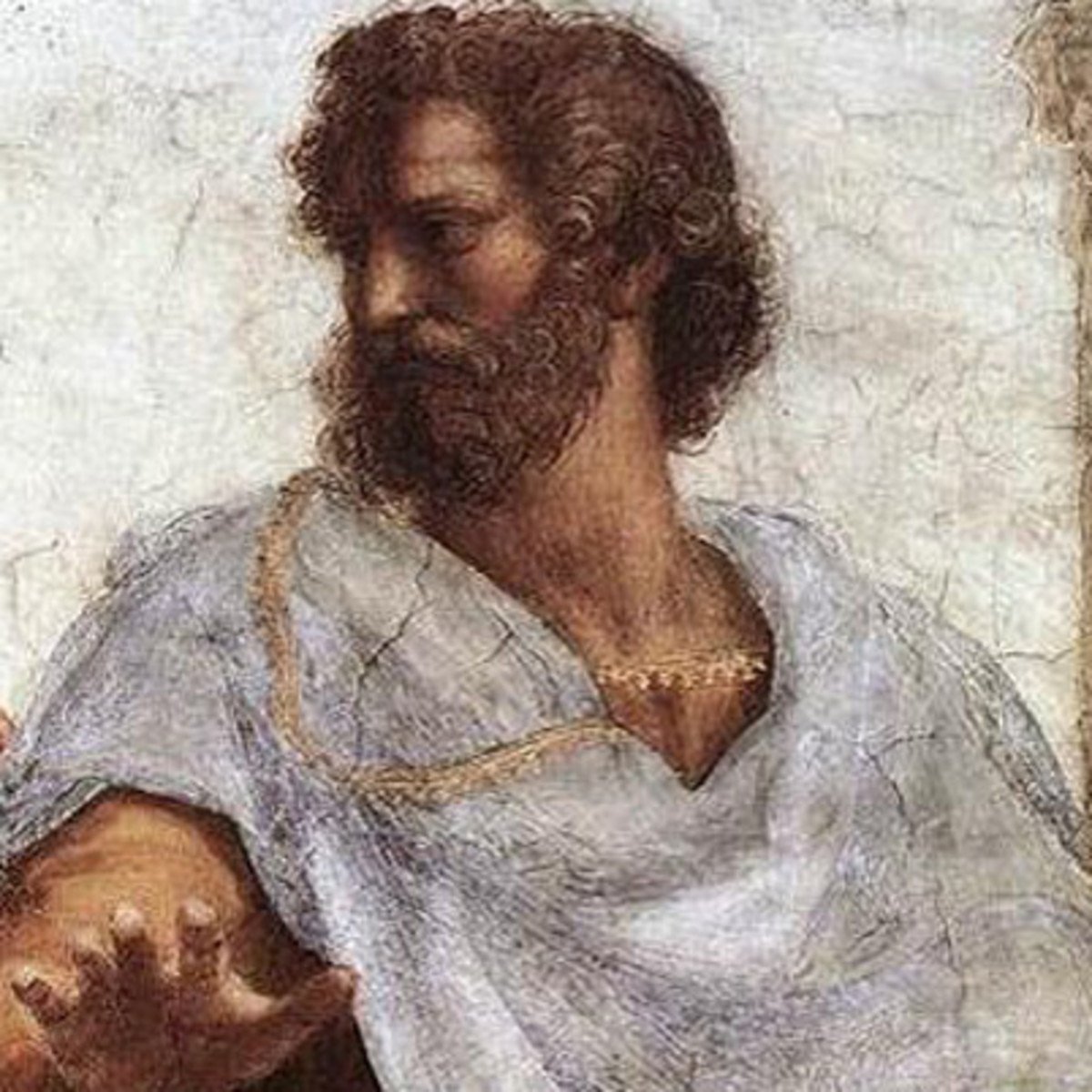
Aristotle
Biography
Aristotle (c. 384 B.C. to 322 B.C.) was an Ancient Greek philosopher and scientist who is still considered one of the greatest thinkers in politics, psychology and ethics. When Aristotle turned 17, he enrolled in Plato’s Academy. In 338, he began tutoring Alexander the Great. In 335, Aristotle founded his own school, the Lyceum, in Athens, where he spent most of the rest of his life studying, teaching and writing. Some of his most notable works include Nichomachean Ethics, Politics, Metaphysics, Poetics and Prior Analytics.
Birth
Aristotle was born circa 384 B.C. in Stagira, a small town on the northern coast of Greece that was once a seaport.
Family, Early Life and Education
Aristotle’s father, Nicomachus, was court physician to the Macedonian king Amyntas II. Although Nicomachus died when Aristotle was just a young boy, Aristotle remained closely affiliated with and influenced by the Macedonian court for the rest of his life. Little is known about his mother, Phaestis; she is also believed to have died when Aristotle was young.
After Aristotle’s father died, Proxenus of Atarneus, who was married to Aristotle’s older sister, Arimneste, became Aristotle’s guardian until he came of age. When Aristotle turned 17, Proxenus sent him to Athens to pursue a higher education. At the time, Athens was considered the academic center of the universe. In Athens, Aristotle enrolled in Plato’s Academy, Greek’s premier learning institution, and proved an exemplary scholar. Aristotle maintained a relationship with Greek philosopher Plato, himself a student of Socrates, and his academy for two decades. Plato died in 347 B.C. Because Aristotle had disagreed with some of Plato’s philosophical treatises, Aristotle did not inherit the position of director of the academy, as many imagined he would.
Wife and Children
During his three-year stay in Mysia, Aristotle met and married his first wife, Pythias, King Hermias’ niece. Together, the couple had a daughter, Pythias, named after her mother.
In 335 B.C., the same year that Aristotle opened the Lyceum, his wife Pythias died. Soon after, Aristotle embarked on a romance with a woman named Herpyllis, who hailed from his hometown of Stagira. According to some historians, Herpyllis may have been Aristotle’s slave, granted to him by the Macedonia court. They presume that he eventually freed and married her. Regardless, it is known that Herpyllis bore Aristotle children, including one son named Nicomachus, after Aristotle’s father.
Aristotle’s Books
Aristotle wrote an estimated 200 works, most in the form of notes and manuscript drafts touching on reasoning, rhetoric, politics, ethics, science and psychology. They consist of dialogues, records of scientific observations and systematic works. His student Theophrastus reportedly looked after Aristotle’s writings and later passed them to his own student Neleus, who stored them in a vault to protect them from moisture until they were taken to Rome and used by scholars there. Of Aristotle’s estimated 200 works, only 31 are still in circulation. Most date to Aristotle’s time at the Lyceum.
